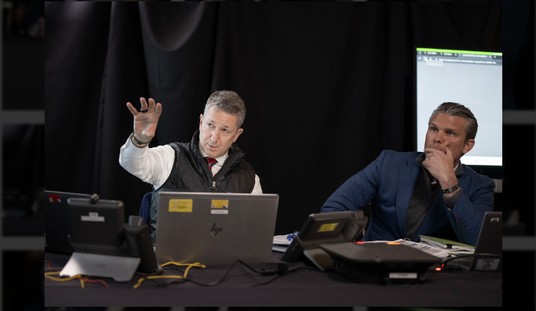Larry Flynt: The Right to Be Left Alone is the ideal companion piece to the 1996 film The People vs. Larry Flynt. That Oscar-nominated movie airbrushed much of Flynt’s unsavory life to show him as a First Amendment warrior of the highest order.
Sure, he peddled smut. But free speech laws were made for people like him.
The Right to Be Left Alone goes a few steps further. You might want to add Flynt’s mug to Mount Rushmore if you believe everything being spun here.
The new documentary, which airs August 7 at 9 p.m. on IFC, casts Flynt as much more than just a First Amendment warrior. He’s a one-man truth squad, saving America from the lies told by the mainstream press.
The documentary eschews traditional narration, a risky move but one which can work under the proper supervision. But director Joan Brooker-Marks shows no ability to shape her film in anything resembling a coherent fashion. It’s so unfocused that even Flynt’s genuine accomplishments get lost in the shuffling.
Still, it’s hard to imagine anyone else compiling a feature as accommodating to its source as The Right to Be Left Alone.
The man himself is the only connective material here. He speaks at length on a variety of subjects as if his fame and misfortune qualify him to be a pundit extraordinaire. He can be eloquent on some issues, and his mea culpa over the famous “meat grinder” cover of Hustler is a rare moment of candor. But more often he’s a self-promoter first and foremost, one who’s been able to change with the times to suit his PR needs.
Flynt’s ascent is a true “only in America” story, albeit one that can’t be told to anyone under 17. He rose from running adult establishments to creating a magazine which out-sexed both Playboy and Penthouse. His name became synonymous with the adult industry and his protracted legal fights changed the pornographic landscape permanently.
To his credit, Flynt rarely backs down from a fight and has spent time in jail defending his beliefs.
Just don’t look here for anything resembling a fair and balanced portrait. Flynt’s critics are ignored, mocked, or included in blink-and-you’ll-miss-’em moments. Gloria Steinem gets the most screen time of any of Flynt’s opponents and she speaks for under a minute.
She gets away easily compared to the treatment afforded the Bush administration. The documentary offers up clips of President George W. Bush and some of his past cabinet members, disjointed snippets meant to taunt, not inform. Even these moments arrive with little explanation.
Not a single talking head appears to defend the administration or its policies. Are Flynt’s opinions so easy to debunk that he needs such protection? You might think so once he starts on one of his many rants. It’s the standard hard-left boilerplate and it begins with the obligatory Bush-Hitler comparisons. Yawn.
It’s also hard to take at face value when Flynt trots out his generous side. After the Private Jessica Lynch story broke, he claimed to have nude pictures of the wounded warrior. But he opted against publishing them — she’s a good kid, he explains. He got better press out of the stunt than if he had run the photos in the first place, and he used the attention to slam the Bush administration, his preferred target.
Perhaps his biggest political victory came with his efforts to out hypocritical behavior in the Senate and House of Representatives during the impeachment trial of President Bill Clinton. That movement paved the way for the resignation of House speaker-elect Bob Livingston.
The most affecting scenes in the documentary involve Flynt’s near-death experience. At first, Flynt accused the FBI or CIA of being behind the shooting which left him partially paralyzed, but it turned out an interracial photo spread likely inspired the shooter.
Flynt has long draped himself in the First Amendment, and in a way he’s a perfect symbol of its fragile strengths. “We figure that freedom of the press is only important if it’s offensive,” Flynt says in the film. “If we’re not gonna offend anybody, we don’t need protection of the First Amendment.”
He’s right. And a solid documentary might take the trouble to show that dichotomy. It also could have mentioned Flynt’s thoughts on the Internet, a subject he’s well suited to explore and he’s done so in the past.
Larry Flynt: The Right to Be Left Alone doesn’t shed any new light on its subject. Instead, it seeks to keep viewers in the dark about the full spectrum of Flynt’s life story while attacking anyone who ever stood in his way.









Join the conversation as a VIP Member